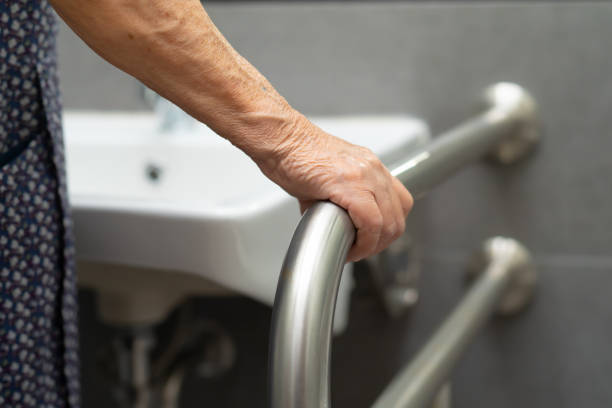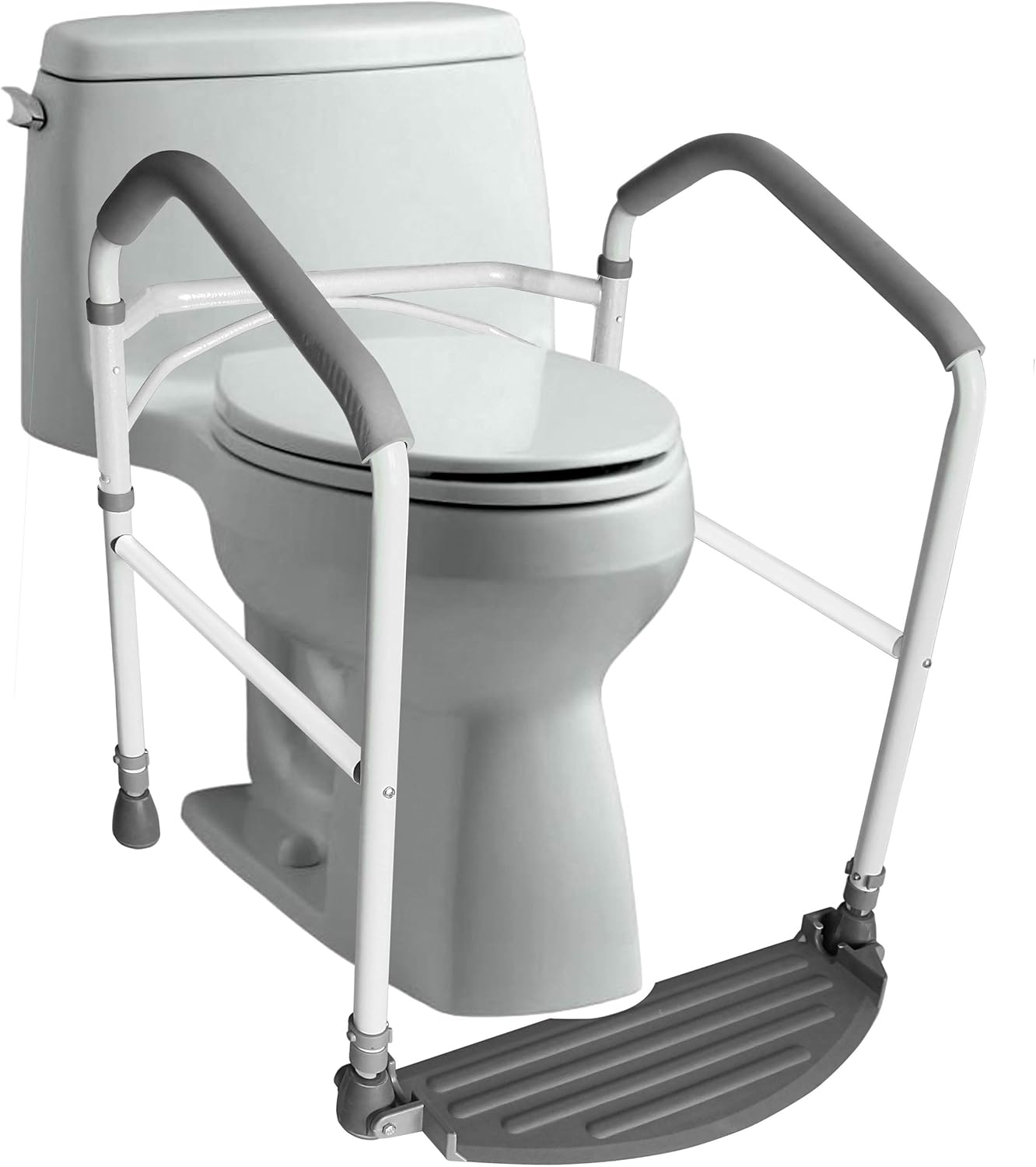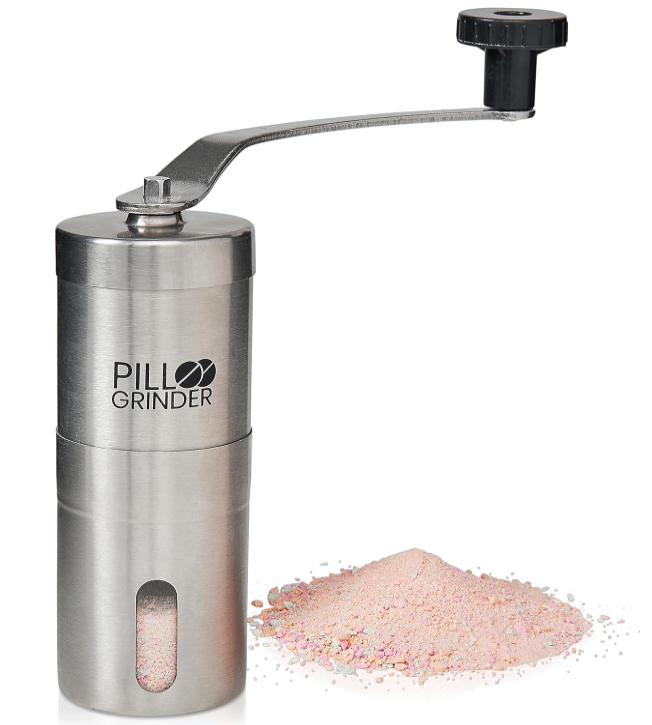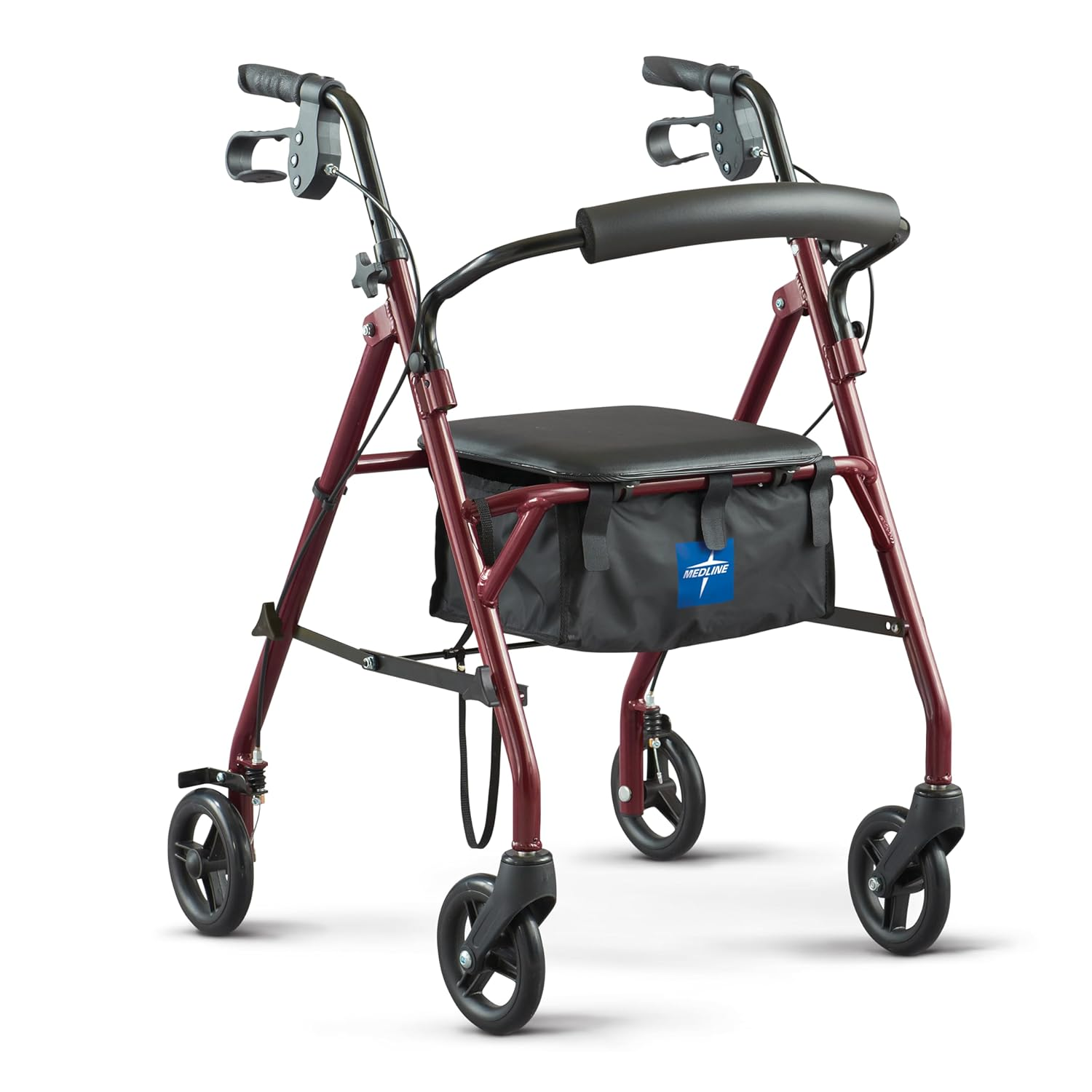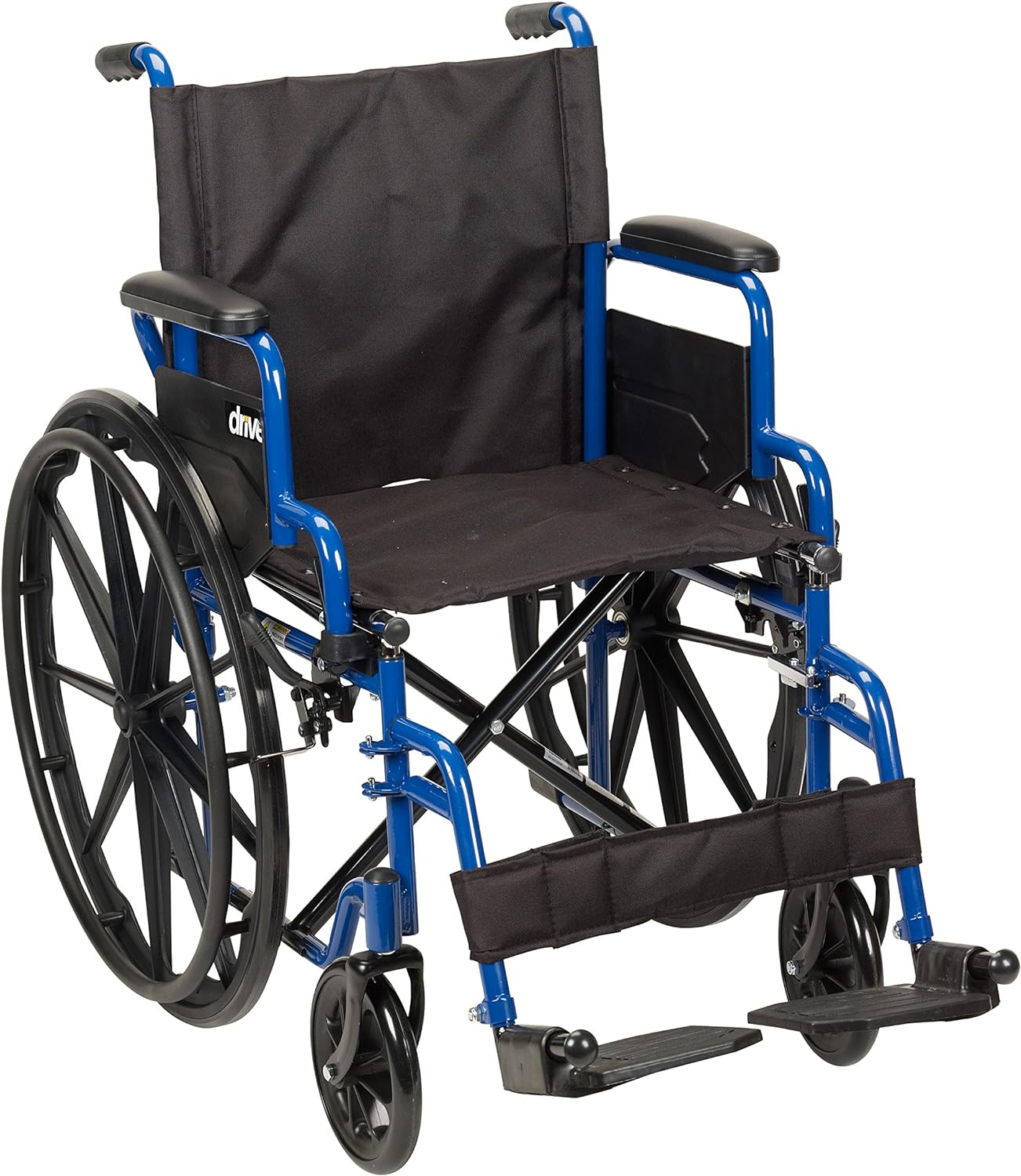Home Safety for Seniors with Limited Mobility
Creating a safe environment is the first step in preventing accidents for seniors with limited mobility. Here are some essential safety tips:
-
Clear Pathways:
-
Remove clutter and obstacles from floors.
-
Secure loose rugs or remove them to prevent tripping.
-
Ensure all areas are well-lit, particularly staircases and hallways.
Regularly inspect your home for any potential tripping hazards. This includes checking for electrical cords that might be running across pathways and securing them along walls or under furniture. Consider using motion-sensor lights in areas where switches may be hard to reach, ensuring that pathways are always illuminated when needed. Encouraging family members or caregivers to assist in regular home inspections can maintain a safer living environment.
-
Bathroom Safety:
-
Install grab bars near the toilet and inside the shower.
-
Use a non-slip mat in the shower or bathtub.
-
Consider a shower chair for added stability.
-
Kitchen Precautions:
-
Store frequently used items within easy reach.
-
Use long-handled tools to avoid stretching or bending.
-
Ensure smoke detectors are functioning and have a fire extinguisher accessible.
-
General Home Adjustments:
-
Consider a medical alert system for emergencies.
-
Arrange furniture to allow easy movement.
-
Use mobility aids if necessary, such as canes or walkers.
Handling Emergency Situations
|
Emergency Situation
|
Immediate Actions
|
Additional Steps
|
|
Fall
|
Stay calm, take deep breaths.
|
If uninjured, use furniture to stand slowly.
|
|
|
Call for help if needed.
|
Notify a family member or caregiver.
|
|
Fire
|
Evacuate immediately if possible.
|
Call emergency services once safe.
|
|
|
Use a fire extinguisher if trained and safe to do so.
|
Practice fire drills regularly.
|
|
Medical Issue (e.g., chest pain)
|
Call emergency services immediately.
|
Keep a list of medications and medical history ready.
|
|
|
Stay comfortable and calm while waiting for help.
|
Ensure medical alert systems are functioning.
|
FAQs
How can I prevent falls at home?
What should I do if I experience a fall?
Are there any specific tools or devices that can help with home safety?
How often should I check my home for potential hazards?
What are some common signs of potential safety risks I should look out for?
Is it beneficial to have a caregiver or family member assess my home for safety?
References:
This article was written on November 11, 2024. All deals are accurate at the time of writing. Please check the retailer's website for the latest information.
